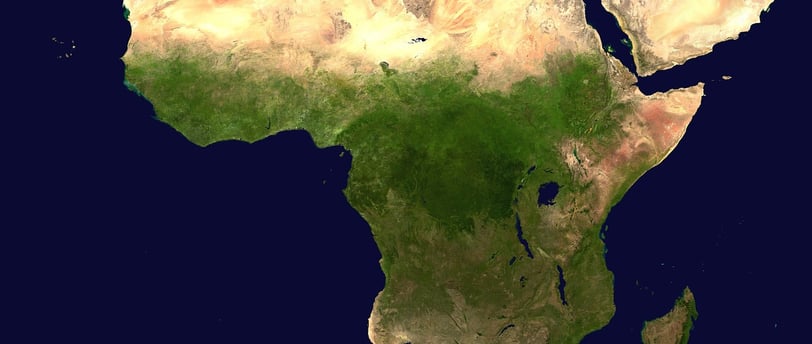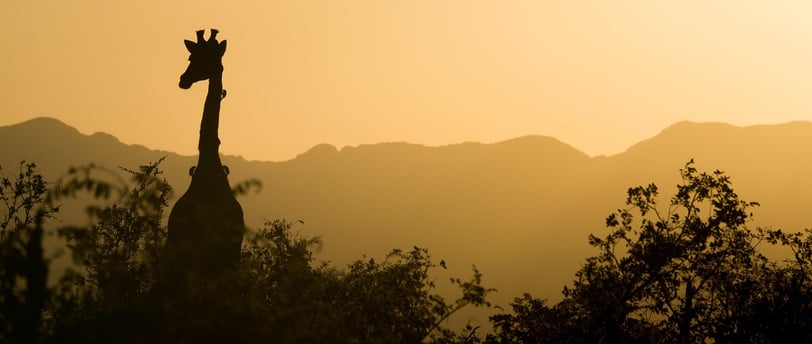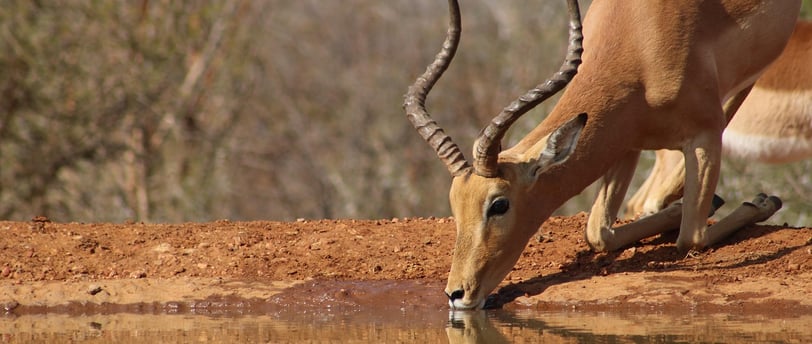Best Places to Visit in Africa for Unforgettable Travel Experiences
The best places to visit in Africa include iconic spots like the Serengeti in Tanzania, Cape Town in South Africa, Marrakech in Morocco, and Victoria Falls on the border of Zambia and Zimbabwe. Each location stands out
HOLIDAY TIME


My post content
These destinations offer distinct experiences far from typical tourist routes. Both are defined by natural beauty and opportunities for outdoor adventure in less crowded settings.
Simien Mountains
Located in northern Ethiopia, the Simien Mountains are a UNESCO World Heritage Site known for their dramatic cliffs and deep valleys. The area is home to rare wildlife such as the Walia ibex and Ethiopian wolf, making it a prime spot for wildlife enthusiasts.
Trekking here involves steep trails with panoramic views of basalt pinnacles and plateaus. The weather can be cool due to the high elevation, which averages around 3,000 meters, so proper gear is necessary. Small villages along routes offer cultural insights into the lives of local Amhara people.
Bazaruto Archipelago
Off the coast of Mozambique, the Bazaruto Archipelago is a group of islands distinguished by coral reefs, white sandy beaches, and clear turquoise waters. It is less developed than other beach destinations, focusing on conservation and eco-tourism.
Visitors can enjoy snorkeling and diving to explore vibrant marine life, including dolphins and dugongs. The islands are accessible by boat or small plane, and accommodations range from eco-lodges to luxury resorts. Fishing and dhow sailing are popular activities here.
Visit Spain post here






Victoria Falls
Victoria Falls, located on the border between Zimbabwe and Zambia, is one of the largest waterfalls in the world. It spans over 1.7 kilometers wide and drops about 108 meters. The site is famous for its impressive spray, known locally as "The Smoke That Thunders."
Visitors can explore walking trails, take guided tours, or enjoy river cruises on the Zambezi. Adventure activities like bungee jumping and white-water rafting also attract thrill-seekers. The surrounding rainforest supports diverse wildlife, adding to the area's appeal.
Maasai Mara National Reserve
The Maasai Mara in Kenya is renowned for its annual wildebeest migration, a significant wildlife event. This reserve covers about 1,510 square kilometers and hosts a wide variety of animals including lions, cheetahs, elephants, and giraffes.
Game drives and hot air balloon safaris provide close-up encounters with the animals. The reserve is also culturally significant, home to the Maasai people, who offer insights into their traditions and lifestyle. Visitors benefit from well-developed lodges and camps with a range of accommodation options.
Cape Town
Cape Town, South Africa, is known for its stunning landscapes and urban attractions. Table Mountain, a flat-topped mountain, offers panoramic views of the city and coastline. Visitors can hike or use a cable car to reach the summit.
The city combines natural beauty with historical sites like Robben Island, where Nelson Mandela was imprisoned. Popular neighborhoods such as the V&A Waterfront provide shopping, dining, and entertainment. Beaches like Camps Bay and Clifton are favored spots for relaxation and water activities.
Iconic Natural Wonders
Africa features remarkable landscapes and ecosystems that attract visitors worldwide. These destinations offer unique wildlife experiences, vibrant landscapes, and notable geological features.
Serengeti National Park
Pyramids of Giza
The Pyramids of Giza in Egypt are ancient tombs built during the Old Kingdom around 4,500 years ago. The Great Pyramid is the largest and most famous, originally constructed for Pharaoh Khufu.
These pyramids demonstrate advanced engineering and were part of a larger complex including the Sphinx and mortuary temples. They symbolize Egypt's religious beliefs about the afterlife. Visitors can explore the area to see their scale up close and learn about Egyptian history through exhibitions and guided tours.
Zanzibar Stone Town
Zanzibar Stone Town, located in Tanzania, reflects a blend of African, Arab, Persian, and European influences. It was a major trade center for spices and slaves in the 19th century.
The town’s narrow alleys, carved wooden doors, and coral stone buildings highlight its multicultural heritage. Key sites include the Old Fort, House of Wonders, and the former slave market. Stone Town is a UNESCO World Heritage site, valued for its well-preserved architecture and cultural significance.
Robben Island
Robben Island, near Cape Town, South Africa, is known for its history as a prison where Nelson Mandela was held for 18 years. It represents the struggle against apartheid and the quest for freedom.
The island includes prison cells, a museum, and exhibits about the anti-apartheid movement. Tours are often led by former prisoners, providing firsthand accounts. It stands as a symbol of resilience and reconciliation in South African history.
Unique Off-the-Beaten-Path Locations
Africa offers a wide range of travel destinations that appeal to different interests, from wildlife safaris to rich cultural experiences and stunning landscapes. The best places to visit in Africa include iconic spots like the Serengeti in Tanzania, Cape Town in South Africa, Marrakech in Morocco, and Victoria Falls on the border of Zambia and Zimbabwe. Each location stands out for unique reasons such as diverse ecosystems, historical significance, or natural beauty.
Travelers can expect opportunities to explore vast savannas, vibrant cities, ancient ruins, and breathtaking waterfalls. These destinations provide both adventure and insight into the continent's history and natural heritage.
Top Tourist Destinations in Africa
Africa offers visitors a range of natural wonders and vibrant cultures. Its destinations provide unique experiences that blend wildlife, scenery, and history.
Serengeti National Park in Tanzania spans over 14,750 square kilometers. It is famous for its annual migration of more than 1.5 million wildebeest and hundreds of thousands of zebras. This natural event is one of the largest mammal migrations on earth.
The park is home to diverse wildlife including lions, elephants, cheetahs, and hyenas. Its open plains make it ideal for game drives and wildlife photography.
Visitors can also explore the Serengeti’s riverine forests and kopjes (rocky outcrops) which provide habitats for predators and unique plant species.
Okavango Delta
The Okavango Delta in Botswana covers about 15,000 square kilometers. It is one of the world’s largest inland deltas, formed where the Okavango River empties into the Kalahari Desert.
The delta supports a range of ecosystems from permanent water channels to seasonal floodplains. It sustains a high density of wildlife including elephants, hippos, crocodiles, and over 400 bird species.
Water-based safaris using traditional mokoro canoes offer close encounters with the region’s biodiversity. The delta is recognized for its natural flood cycles, crucial to the local ecosystem.
Mount Kilimanjaro
Mount Kilimanjaro in Tanzania is Africa’s highest peak at 5,895 meters. It is a dormant stratovolcano with three volcanic cones: Kibo, Mawenzi, and Shira.
The mountain attracts climbers and hikers of varied skill levels. Routes range from easier paths like Marangu to more challenging routes such as Machame.
Kilimanjaro’s climate zones change with altitude, from rainforest at the base to alpine desert and arctic conditions near the summit. The mountain’s glaciers and snowfields are notable, though shrinking due to climate change.
Cultural and Historical Landmarks
Africa hosts remarkable sites that showcase its ancient civilizations, diverse cultures, and significant historical events. These landmarks offer insights into the continent's past and its influence on the world.
